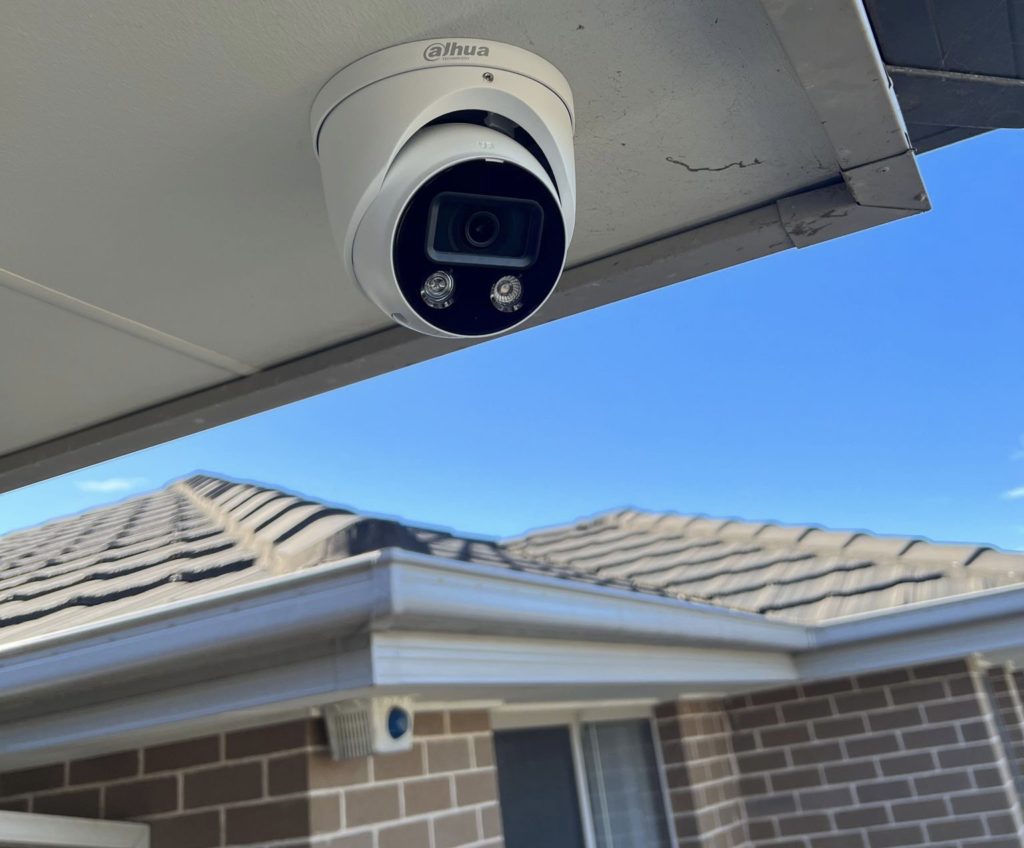With home security systems becoming more common across Australia, it’s natural to wonder about privacy when a neighbour’s security camera appears to be aimed at your property. Understanding your rights and the best way to handle the situation can help you maintain both security and good neighbourly relations.
Is It Legal for a Neighbour to Point a Security Camera at My House?
In Australia, there is no specific federal law preventing private individuals from installing security cameras on their property, even if they capture footage of neighbouring homes. However, state and territory laws regulate the use of surveillance devices, including cameras and audio recording equipment. Generally, the law allows video recording in public and private spaces where there is no reasonable expectation of privacy.
However, a security camera must not be used to deliberately invade someone’s privacy or harass them. For example, if a camera is directly positioned to capture footage inside a neighbour’s bedroom or bathroom, this could be considered an invasion of privacy under various state laws.
What About Audio Recording?
Unlike video surveillance, audio recording is far more restricted under Australian law. Most states have strict regulations about recording conversations without consent. If your neighbour’s camera is also capturing sound from your property, they may be breaking surveillance laws, and you could have legal grounds to raise a complaint.
How to Address the Issue with Your Neighbour
If you’re concerned about a neighbour’s security camera, it’s always best to approach the situation calmly and diplomatically. A friendly conversation can often resolve misunderstandings—sometimes, cameras appear to be pointed at your home when they are actually monitoring a different area.
If speaking with your neighbour doesn’t resolve the issue, you may consider the following options:
- Check local laws: Different states have different regulations on surveillance and privacy.
- Contact your local council: Some councils have policies on CCTV installations, particularly in shared or high-density living environments.
- Seek legal advice: If the camera is being used in a way that invades your privacy or harasses you, you may have legal options.
Security Cameras in Commercial Settings
If you run a business, it’s essential to understand how security cameras can be used in commercial environments, particularly when recording staff. Business owners must comply with workplace surveillance laws, which often require employees to be notified if they are being recorded. Covert surveillance without consent is generally illegal unless conducted under strict legal conditions.
The Importance of Professional Installation
When installing a security system, it’s always best to engage a professional. A certified installer will ensure that:
- Your cameras are positioned legally and ethically.
- Your system complies with privacy and surveillance laws.
- You avoid accidental breaches of the law, such as recording audio without consent.
- Your footage is stored securely to prevent unauthorised access.
A professional installation will not only protect your home but also prevent disputes with neighbours and ensure that your system operates effectively within the law.
Final Thoughts
Security cameras are an excellent way to protect your home and business, but they must be used responsibly. If you have concerns about a neighbour’s camera, start with a conversation before escalating the issue. If you’re installing a security system yourself, hiring a professional can save you from potential legal troubles and ensure your setup meets all necessary requirements.
For expert advice on security camera installation, consider speaking with a professional to ensure your system is both effective and legally compliant.



